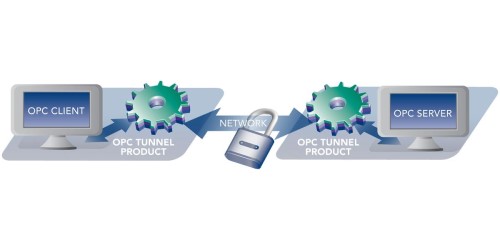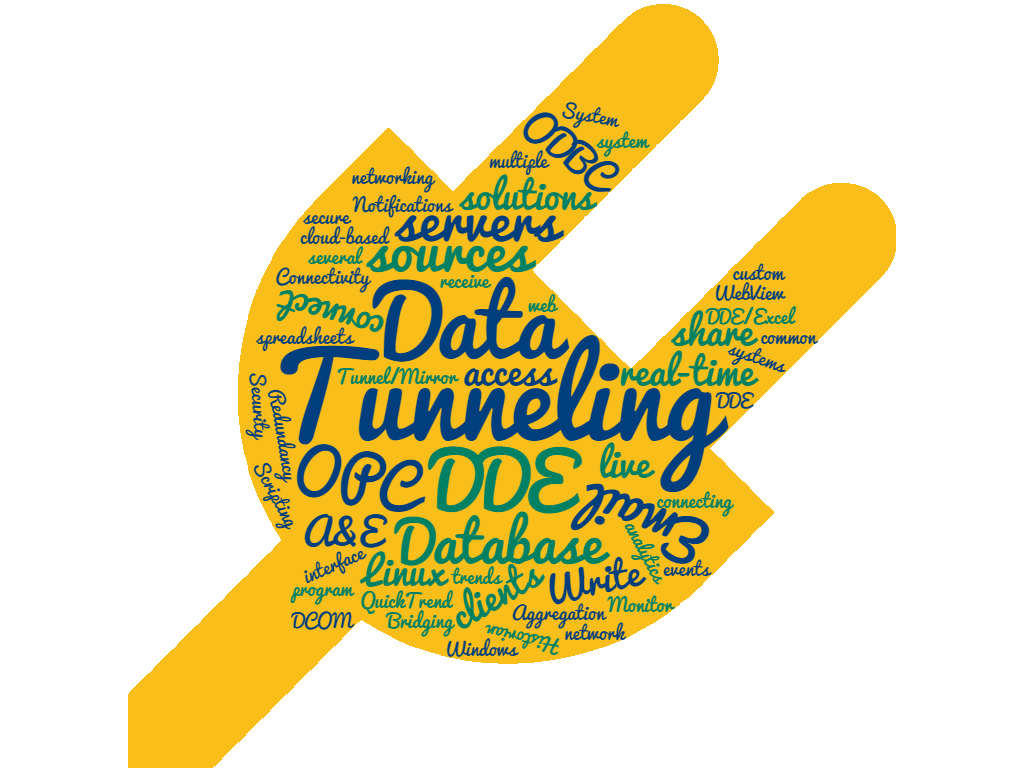If you’re reading this post, you’ve almost certainly at least heard of DCOM. And, possibly, you’re one of many who have struggled over the years with the trials of configuring remote OPC Classic connections between machines where DCOM inevitably increased your time and difficulty for what should be a relatively painless task.
DCOM Hardening is Permanent in 6d 1h 34m 0s
DCOM hardening with no option to disable it is coming up fast - March 14, 2023. If you haven't already made a plan to either migrate away from DCOM communications entirely or address how to keep your process systems that will still rely on remote OPC Classic over DCOM working reliably, time is running out. Downtime is costly and a system that is using OPC Classic and hasn't been evaluated to determine the effects of DCOM hardening could be vulnerable to communication breaks.
This blog post discusses 6 types of options to relieve DCOM hardening pain. These include alternatives to DCOM that cover a range of use cases depending on what software you already have installed and your existing system architecture. We also have a comprehensive guide that you'll be able to request that addresses what DCOM changes will be needed if you're not in a position to migrate currently. Our technical support team are also willing to discuss your specific requirements with you, so you're not on your own out there!









